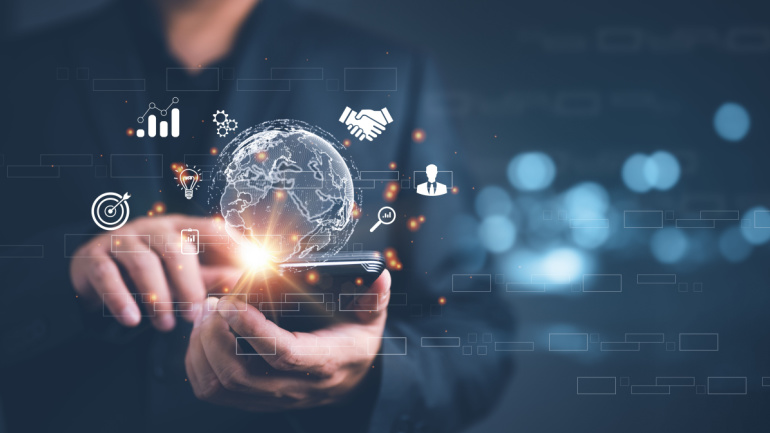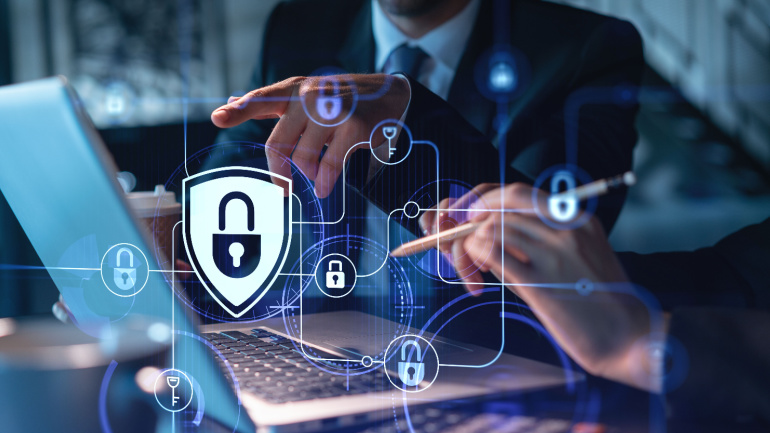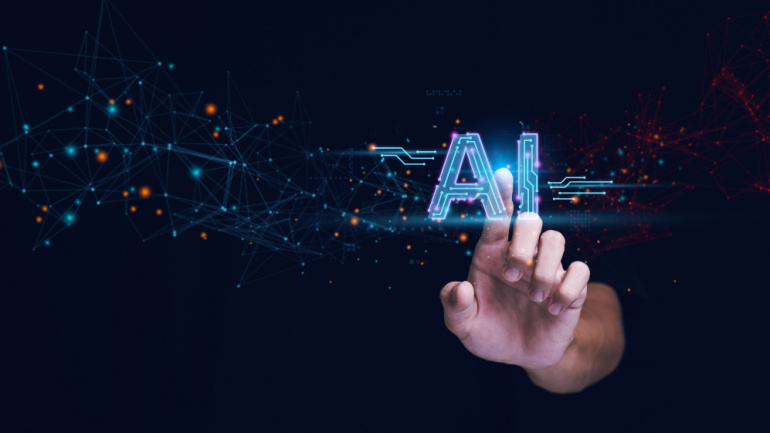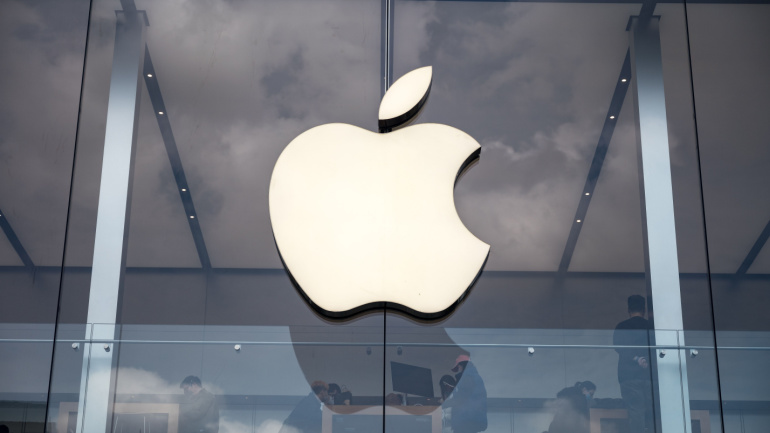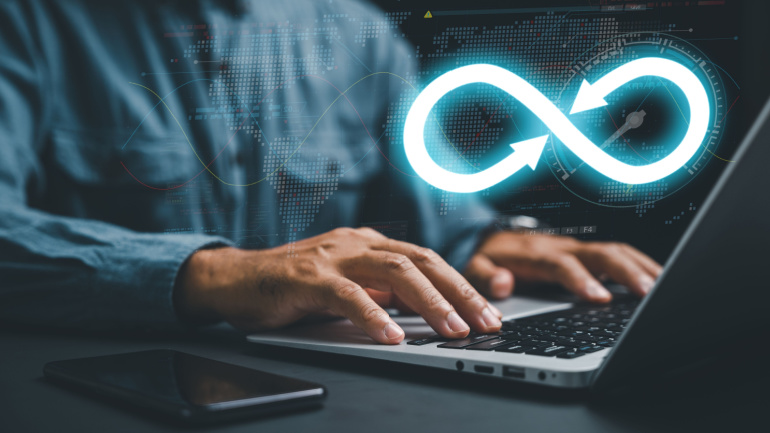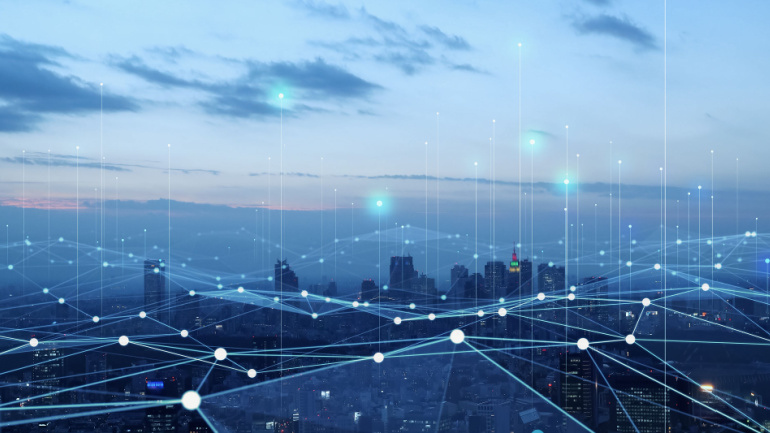Emerging from the tech world, the AI Pin—an innovative, screen-free wearable gadget—incorporates artificial intelligence to facilitate verbal engagement and numerous other unique functionalities. Embedded into a shirt, it provides easy, hands-free access to information and personal communication. It features an unusual ability to support nutritional goals, leveraging computer vision technology to identify various food items. Functioning on the tailored OS, Cosmos, the AI Pin tries to simplify user interaction with AI, by veering away from the conventional method of downloading or launching apps. With no need for smartphone pairing and its claim of not eavesdropping on user’s conversations, it offers a fresh take on consumer technology.
BT, in collaboration with NHS and Soprano, is experimenting with ‘Patient Concierge’, an AI-aided patient messaging system aimed at enhancing communication and reducing appointment conflicts. With a strong UK government backing and promising outlook from NHS staff, AI integration is on the rise for optimizing healthcare.
Under the Online Safety Act, UK’s telecoms regulator Ofcom, gears up to reinforce online safety, focusing on protecting vulnerable users, especially children. Their proposed laws call for tech firms’ accountability, ensuring a thorough content governance to curb harmful material. They seek stakeholder feedback on their initial codes against illegal harms online, marking the end of harmful content and the dawn of user safety.
Samsung enters the mobile AI game with Galaxy AI, its latest invention aimed to revolutionize smartphone experiences. Powered by Samsung-developed on-device AI and a cloud-based system, it incorporates remarkable features like real-time audio and text translation during phone calls. Alongside this, Samsung excites with Samsung Gauss, dedicated to streamlining diverse tasks from coding assistance to content translation – a move promising profound impacts on our technology interactions.
In a push for universal cybersecurity standards, the EU faces backlash from global telecommunications titans like Ericsson and Nokia, who warn of supply chain disruptions akin to those experienced during COVID-19. Striking a balance between stringent security measures and smooth product availability is crucial, prompting these industry leaders to suggest increased self-assessment and more lenient implementation timeframes. However, the underpinning question remains – who should ensure industry compliance, the vendors or third parties? Amidst the surge in cybercrime, a secure, streamlined approach is paramount.
The UK has spurred a global AI commitment, aptly named ‘The Bletchley Declaration,’ inviting international participants to coordinate efforts to transform AI into a force for societal good. This shared endeavor, decided during the UK-led AI Safety Summit, represents a crossroad for the world: fruitful scientific accomplishment or potential disaster if poorly managed. The declaration sets the stage for practical actions, yet, the exact plan of action remains uncertain. In light of global climate initiatives, questions arise on the effectiveness of this AI initiative. Will technological advancements in AI hold the answers to crucial global issues? Only time will tell.
Exploring Apple’s groundbreaking leap in silicon innovation with their latest M3, M3 Pro, and M3 Max products, it’s evident that personal computer processing is being redefined. Promising substantially expedited rendering times and performance enhancements across the board, Apple offers these not as mere upgrades, but as game-changers in the hardware world. Furthermore, these innovations signal noteworthy shifts in the broader landscape of PC CPU chips, traditionally dominated by Intel and AMD, now facing exciting competition. Dive deeper to discover the impact of these changes in the world of technology.
While China’s smartphone market experiences a downturn, notable shifts are being observed as Huawei gains momentum. Canalys’ data highlights that despite a downslide in overall market status, the launch of Huawei’s Mate series and consequent rise in domestic market shares are adding a positive spin. Will a potential revival led by Huawei’s promising trajectory speak to a larger market rejuvenation? Unpack the trends shaping China’s competitive smartphone landscape.
Against a robust backdrop of escalating system complexity, cloud-native DevOps emerges as a promising tool to simplify system development. Leveraged by Internet giants and SMEs alike, it’s heralded for boosting innovation efficiency and expediting industry monetization. Yet, its implementation is not without hurdles, as highlighted by China Mobile Jiangsu’s experiences. Their collaboration with Huawei, however, turned the tide, unraveling the potential of agile delivery and intelligent O&M to drive business growth.
Harnessing strategic collaboration, China Telecom Research Institute and Huawei Technologies have verified a cutting-edge 50G PON solution, achieving collaborative PON technology working simultaneously within GPON, XG(S)-PON and 50G PON ONUs. This unrivaled development opens up an exciting era in telecommunications, allowing operators to transition effortlessly into the 50G PON sphere.



